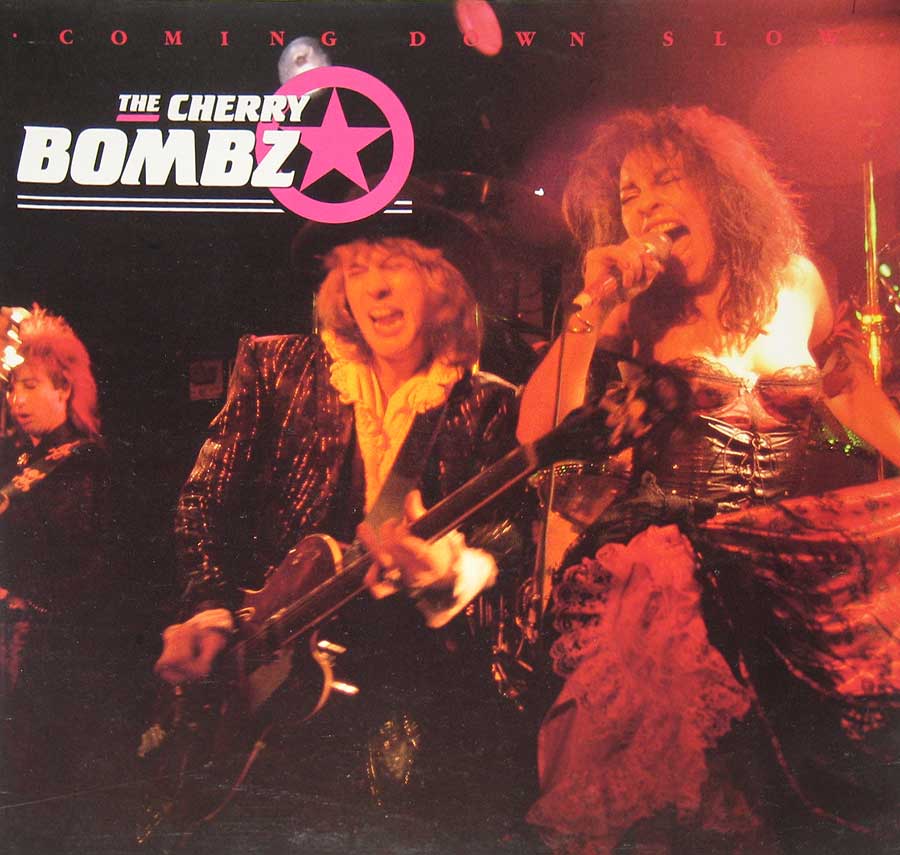
The 1980s dawned with an unsettling quietude, a paradox for a decade that would ultimately reshape the soundscapes of popular music. While new genres burst forth with electrifying energy and technological advancements transformed the recording studio, the era also marked a period of profound loss for rock and roll. The very foundations upon which this music was built, and the evolving expressions it had taken, were shaken by the departure of numerous iconic figures. These were not just musicians; they were architects of sound, poets of rebellion, and voices that defined generations.
Their exits, often sudden and tragic, cast long shadows over the vibrant music scenes they helped create. From pioneers who laid the groundwork for rock and roll’s explosion to new wave visionaries and hard rock titans, the list of those who left us in the eighties is a somber testament to the fragility of life and the relentless passage of time. Each name represents a unique contribution, a signature style, and a legacy that continues to resonate, even as the echoes of their final performances faded into silence.
This in-depth look explores some of these monumental losses, individuals whose lives were cut short but whose impact remains immeasurable. We delve into the circumstances of their passing, as recorded in the annals of music history, and reflect on the enduring void they left behind in the ever-evolving narrative of rock and roll. Their stories serve as powerful reminders of the human cost behind the music that moves us, and the irreplaceable nature of true artistry.
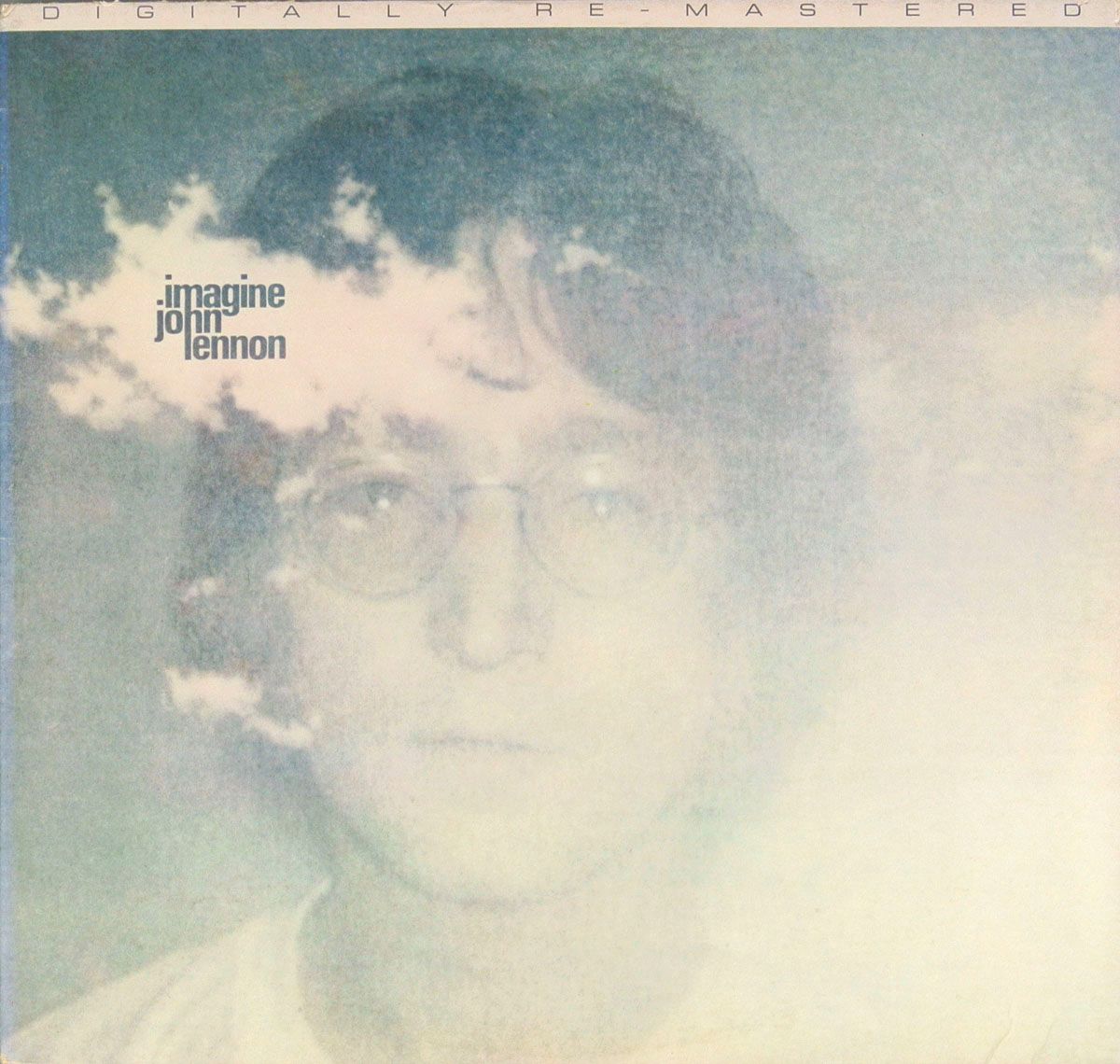
1. **John Lennon**: The year 1980 commenced with an unsettling anticipation, but concluded with an event that irrevocably altered music’s trajectory. On December 8, 1980, the global music community plunged into collective grief and disbelief with the news of John Lennon’s untimely death. It was a tragedy that transcended rock and roll, touching millions captivated by his artistry, vision, and unwavering spirit. His passing was not just the loss of a musician; it was the loss of a cultural touchstone, a voice of a generation, and a relentless advocate for peace.
The grim details of his departure are etched into collective memory. John Lennon was murdered in New York City, New York, U.S., a stark and brutal end to a life that championed love and understanding. The shock of his death at just 40 years old was immense, an age when many artists still reach their creative zenith. It left an unfillable void, not only for his family and collaborators but for countless fans who had grown up with his music, evolving alongside his introspection and innovation.
Lennon’s association with The Beatles stands as one of the most significant chapters in popular music, a band that revolutionized the industry and shaped rock and roll’s definition. His contributions, both as songwriter and performer, were instrumental in crafting a sound that transcended eras and continues to influence artists. Following The Beatles, his work with the Plastic Ono Band further showcased his experimental spirit and commitment to using his platform for social commentary, cementing his reputation as an artist unafraid to challenge norms.
His death, therefore, was not merely the end of a personal journey but an abrupt halt to a creative output that consistently pushed boundaries and provoked thought. The potential music, unwritten lyrics, and unrealized projects lost on that tragic December night represent a silent, poignant symphony of what might have been. It underscored the fragile nature of genius and the devastating impact external forces can have on the artistic landscape.
For fans, critics, and fellow musicians, Lennon’s death served as a stark reminder of rock and roll’s sometimes dark undercurrents, where fame and vulnerability often intertwine. The reverberations were felt deeply, prompting reflection on music’s power to unite and the profound sadness when such a powerful voice is silenced too soon. His legacy, however, fortified by a monumental body of work, ensured his sound would never truly fade, continuing to inspire long after he was gone.
Read more about: Driving Legends: The 12 Most Successful Mercedes-Benz Models Shaping Automotive History

2. **Bon Scott**: Just as the new decade was finding its rhythm, the hard rock world suffered a devastating blow with Bon Scott’s passing. On February 19, 1980, the music scene lost an electrifying frontman, a charismatic performer whose raw energy and distinctive lyrical style had propelled AC/DC to international recognition. Scott’s death, coming so early in the year, set a somber tone for the decade, reminding everyone of the often-precarious lifestyle associated with rock and roll at its most intense.
The circumstances of Scott’s death in Dulwich, London, England, were a tragic embodiment of rock and roll excess. His cause was attributed to alcohol poisoning, with reports also citing heroin overdose. At only 33, his departure felt profoundly premature, a cut-short narrative for an artist seemingly destined for greater heights. The stark reality of his passing underscored the perilous tightrope walked by many in the industry, where the pursuit of extreme experiences sometimes led to the ultimate price.
As lead vocalist for AC/DC, Bon Scott helped forge an instantly recognizable sound: a potent blend of blues-infused hard rock, delivered with unapologetic swagger. His voice, gritty and powerful, perfectly complemented the band’s driving guitar riffs and thunderous rhythms. Before his iconic tenure with AC/DC, Scott also contributed to The Valentines, further cementing his roots in the energetic Australian rock scene, showcasing a career dedicated to high-octane performance.
The loss of such a pivotal frontman could have signaled the end for a band of AC/DC’s caliber, yet his departure, while heartbreaking, paradoxically galvanized the group, leading to one of the best-selling albums of all time. However, this triumph did little to diminish the pain of losing Scott, whose indelible mark on their sound and image remained. His distinctive lyrical narratives, often laced with humor and rebellion, captured the essence of rock and roll’s raw appeal.
Bon Scott’s legacy extends far beyond the records he made; it lies in the very spirit of hard rock he embodied. His stage presence was legendary, a whirlwind of energy and charm that commanded every audience. His death left a significant void in the genre, a stark reminder of the often-unseen toll of life on the road and the pressures of rock stardom. Yet, his voice continues to roar through classic tracks, a testament to an artist who lived and breathed rock and roll until his final, tragic moment.
Read more about: Pure Automotive Gold: 14 Masterpiece Cars from the 1960s That Still Reign Supreme

3. **John Bonham**: Just seven months after Bon Scott’s death sent shockwaves through the rock world, another monumental loss hit with devastating force. On September 25, 1980, John Bonham, the legendary drummer of Led Zeppelin, passed away, leaving an immediate and unfillable void in rock music. His death was not just the loss of a musician, but the silencing of a rhythmic force of nature, a percussionist whose innovative style and sheer power redefined the role of drums in rock.
The circumstances surrounding Bonham’s death in Windsor, England, were another stark illustration of the perils that could accompany the rock and roll lifestyle. His cause of death was listed as asphyxiation on vomit, a grim detail underscoring the tragic nature of his premature departure. At the tender age of 32, Bonham was at the height of his powers, a master of his craft whose influence was already undeniable, but whose future contributions were now tragically curtailed.
As the engine room of Led Zeppelin, John Bonham was more than just a drummer; he was a foundational element of their sound. His thunderous beats, intricate patterns, and unparalleled feel provided the backbone for the band’s groundbreaking fusion of blues, rock, and folk. His work with Led Zeppelin produced some of the most iconic and enduring drum tracks in history, setting a benchmark for power and precision that few have ever matched.
Bonham’s passing was so profound that it led to the immediate dissolution of Led Zeppelin, a testament to his irreplaceable role within the group. The band members famously stated they could not continue without him, acknowledging his contribution was so integral that to try and replace him would be futile. This decision highlighted the deep personal and artistic bonds within the band, and the singular nature of Bonham’s talent.
The impact of John Bonham’s drumming echoes through generations of musicians, inspiring countless drummers to push their instrument’s boundaries. His distinct sound and inventive approach created a new vocabulary for rock drumming, shaping the sonic landscape of hard rock and heavy metal for decades. His death left a gaping hole in the heart of rock and roll, a poignant reminder that some voids are unfillable, and some sounds can never truly be replicated, only revered.
Read more about: Beyond the Encore: 14 One-Hit Wonder Cars That Burned Brightly, Then Vanished Without a Successor

4. **Bill Haley**: The early 1980s continued its somber procession of losses with the passing of a true pioneer of rock and roll. On February 9, 1981, Bill Haley, the iconic frontman of Bill Haley & His Comets, departed, marking the end of an era for one of the genre’s founding fathers. Haley was a pivotal figure whose infectious energy and groundbreaking sound helped usher in the rock and roll revolution of the 1950s, making his death a significant moment of reflection on the roots of this powerful musical form.
Haley’s death occurred in Harlingen, Texas, U.S., with his cause attributed to either a brain tumor or a heart attack. At 55 years old, he had lived long enough to witness the global impact of the musical genre he helped create, but his passing still felt premature for those who remembered the sheer exhilaration of his early hits. His relatively young age for such a monumental figure served as a reminder of the relentless march of time, even for those who created timeless music.
As the leader of Bill Haley & His Comets, he stood at the forefront of rock and roll’s emergence. Their seminal recordings, characterized by an irresistible blend of country, jazz, and R&B, captured the rebellious spirit of a generation and sparked a cultural phenomenon. Tracks like “Rock Around the Clock” became anthems, not just defining a sound but inspiring a movement that swept across the world, proving the universal appeal of this new, vibrant music.
Haley’s contribution was crucial in bringing rock and roll to a mainstream audience, bridging the gap between niche genres and widespread popular acceptance. His image, while perhaps less overtly rebellious than some contemporaries, projected an approachable charm that made rock and roll accessible to a broad demographic. He was a torchbearer for the genre in its nascent stages, navigating initial controversies and ultimately paving the way for countless artists who followed.
The departure of Bill Haley underscored the transition occurring in rock and roll, moving from its foundational figures to new generations. While newer sounds and styles continued to evolve, his legacy as an innovator remained undiminished. His passing, therefore, served as a poignant reminder of the pioneers whose daring vision and infectious music laid the groundwork for the diverse and dynamic genre that rock and roll would become. The silent spaces left by his absence resonated with the history he helped write.
Read more about: Step Back in Time! 14 Jaw-Dropping Pictures That Prove the 1950s Were Totally Wild and Way Cooler Than You Think
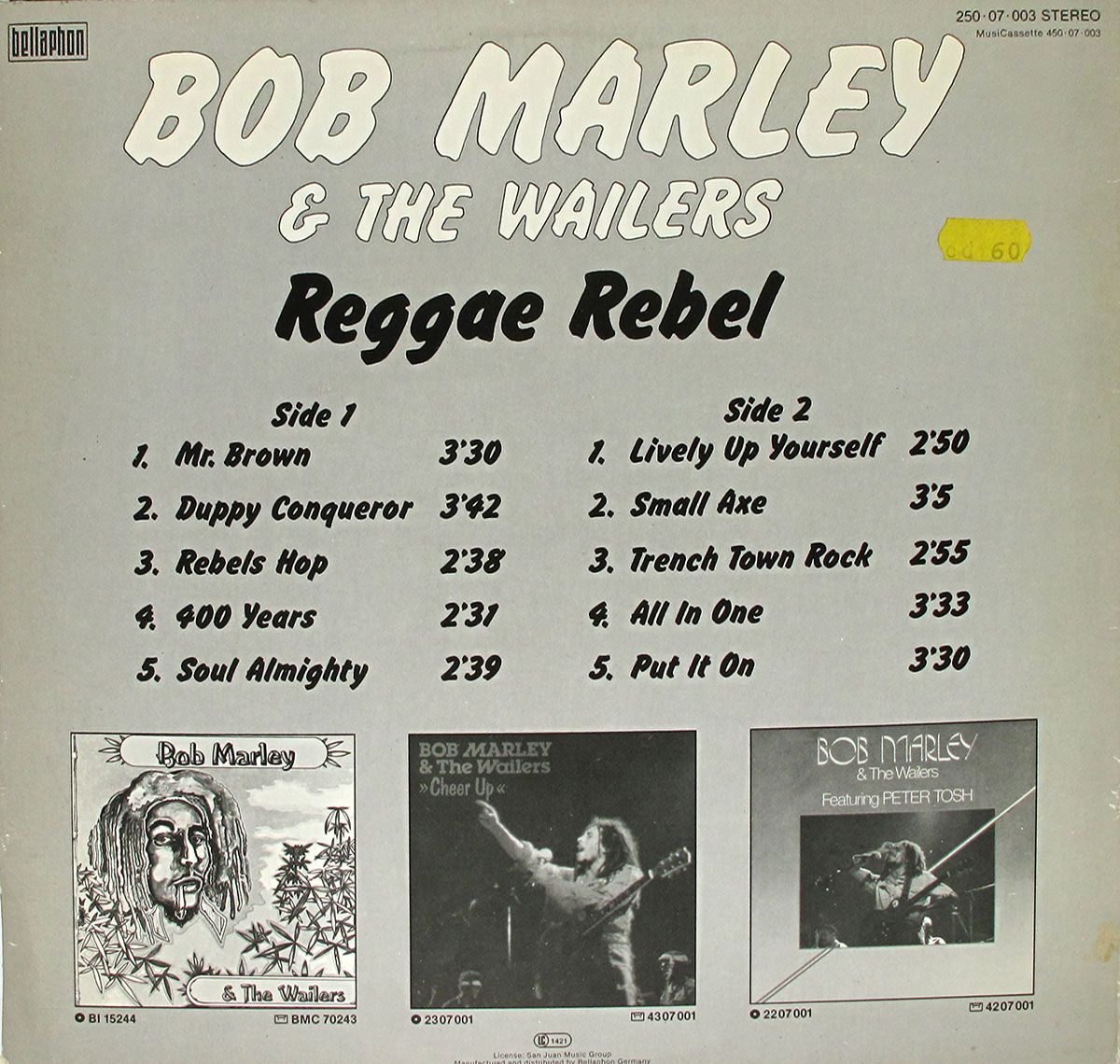
5. **Bob Marley**: The global music community suffered another profound loss in the spring of 1981 with the death of Bob Marley, the iconic reggae superstar and spiritual leader of The Wailers. On May 11, 1981, in Miami, Florida, U.S., the world lost a voice of unparalleled power, a musician whose message of peace, love, and rebellion transcended geographical and cultural boundaries. Marley’s passing, at an tragically young age, left an immense void that deeply impacted the broader landscape of rock and popular music.
Marley’s cause of death was attributed to acral lentiginous melanoma, a particularly aggressive form of skin cancer. His battle with the illness was a private struggle for a public figure, and his death at just 36 years old underscored the brutal indifference of disease, regardless of fame or influence. This premature end silenced a voice that was still evolving, still speaking truth to power, and still spreading its vital message across the planet.
As the lead figure of The Wailers, Bob Marley transformed reggae from a localized Jamaican genre into a global phenomenon. His music, rich with spiritual depth, political commentary, and infectious rhythms, found a resonant audience with rock fans around the world, proving the universal appeal of his message. Through his songs, he articulated the struggles and aspirations of the disenfranchised, becoming a symbol of resistance and hope for oppressed communities everywhere.
Marley’s influence on rock music, though often indirect, was undeniable. Many rock artists drew inspiration from his fusion of roots music with universal themes, incorporating reggae elements into their sound. His powerful lyrics and captivating stage presence made him a force of nature, an artist whose charisma was matched only by the profound substance of his work. He blurred lines between genres, expanding what was considered “rock” by introducing millions to the irresistible pulse of reggae.
The legacy of Bob Marley TWAendures as a testament to music’s power to foster unity and drive social change. His death left a significant gap in the international music scene, a void that spoke to the loss of a rare individual who could inspire both joyous celebration and profound introspection. Even in silence, his melodies and messages continue to echo, reminding us of an artist who used his voice to sing for humanity, leaving an unfillable chasm in the heart of global music.
Read more about: The Unfinished Symphony: Unveiling Sinéad O’Connor’s Poignant Final Album, ‘No Veteran Dies Alone’

6. **Muddy Waters**: The early 1980s continued to mark the departure of legends foundational to rock and roll’s very genesis. On April 30, 1983, the world lost Muddy Waters, the undisputed king of Chicago blues, whose influence on rock music is immeasurable. His death, in Westmont, Illinois, U.S., marked the silencing of a voice and a guitar that had, for decades, embodied the raw, visceral power of the blues, a genre from which rock and roll undeniably sprang.
Muddy Waters’ passing, at 70, was attributed to a heart attack. While he had lived a long and impactful life, his departure still brought a deep sense of loss, particularly among those who recognized the profound debt rock music owed to his innovative sound. He was a living link to the delta blues traditions that first electrified the genre, and his death felt like the closing of a significant chapter in the broader narrative of American popular music.
Born McKinley Morganfield, Muddy Waters migrated from the Mississippi Delta to Chicago, where he electrified the blues. His use of electric guitar, powerful vocals, and a dynamic band setup became the blueprint for countless rock musicians who sought to capture that same primal energy. Without his pioneering work, the sound of British Invasion bands and subsequent rock acts would have been fundamentally different, making him an indirect, yet absolutely crucial, architect of rock and roll.
His iconic tracks, characterized by a deep, resonant growl and searing guitar licks, spoke of hardship, desire, and resilience, themes that would become central to much of rock’s lyrical content. Muddy Waters didn’t just play the blues; he embodied it, and in doing so, he provided the foundational language for the raw emotion and electrifying power that define rock and roll. His presence in the music world was a constant reminder of rock’s authentic roots.
The departure of Muddy Waters left an unfillable void in the blues world, and by extension, in the rock and roll landscape he had so profoundly shaped. His legacy as a master storyteller, a groundbreaking guitarist, and a towering figure in American music continues to inspire and instruct. Though his physical presence faded, the echoes of his slide guitar and the power of his voice resonate through every electric guitar riff and every soulful rock vocal, confirming his eternal presence in the music he helped create.
Continuing our journey through the 1980s, the mid-to-late part of the decade proved to be no less heartbreaking for the music world. As new sounds emerged and the landscape of rock and roll continued its relentless evolution, influential figures whose lives were inextricably woven into the fabric of popular music continued to depart, leaving behind legacies that redefined genres and inspired generations. These losses were not merely footnotes in music history; they were seismic shifts that reshaped the narrative of rock, forcing reflection on its past, present, and future amidst a decade of dramatic change.
Read more about: Sunken Sentinels: Unearthing Classic Cars from the World’s Mysterious Watery Graves
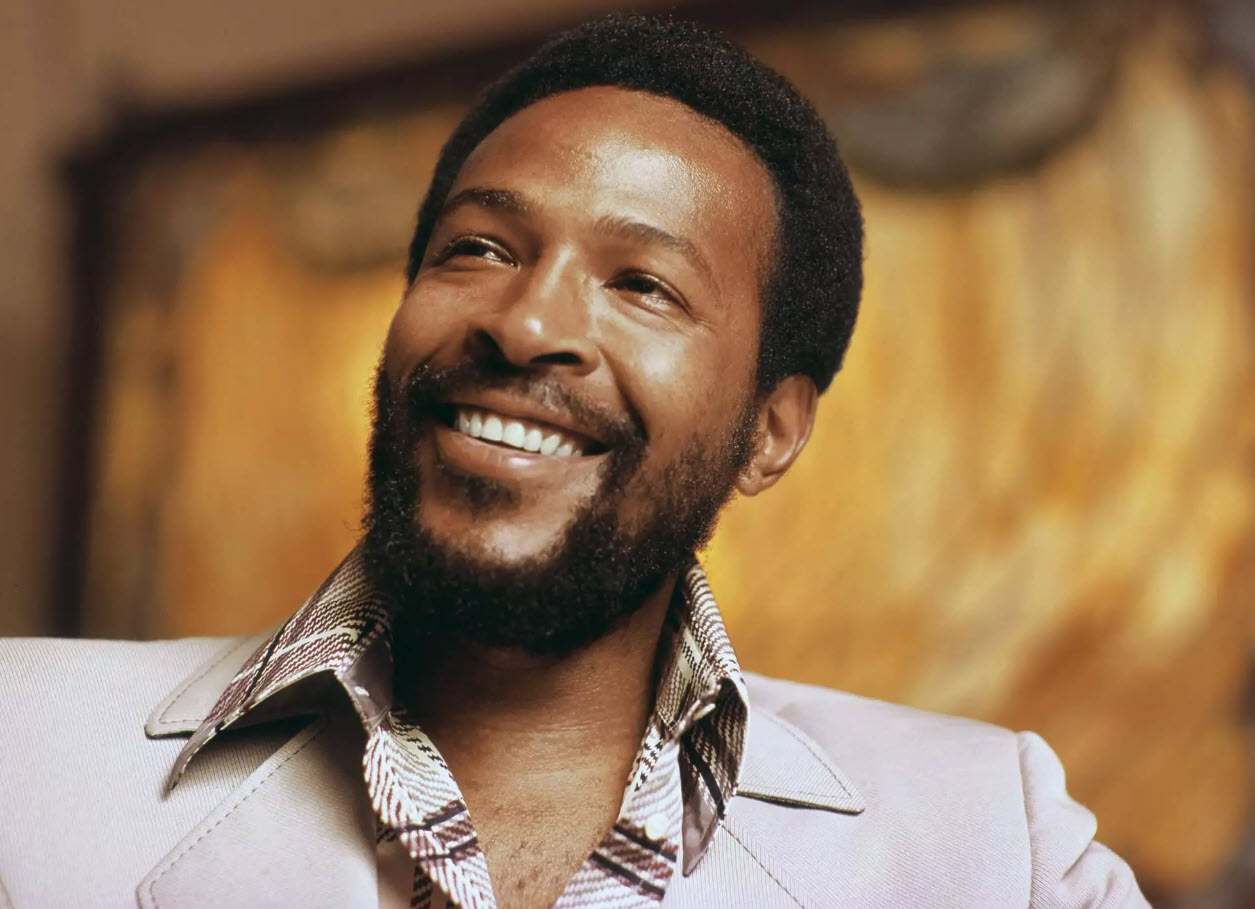
7. **Marvin Gaye**: The year 1984 began with a devastating blow to the soul and R&B world, and by extension, the broader rock and roll sphere that so often drew from its wellspring. On April 1, 1984, in Los Angeles, California, U.S., the legendary Marvin Gaye was tragically murdered by his father. His death at the age of 44 silenced one of the most sublime and influential voices in American music, a voice that had seamlessly blended soul, funk, and gospel with profound artistic depth, leaving an incomparable void.
Gaye’s passing was a shock that resonated far beyond the R&B charts, affecting every musician and fan who understood the power of his artistry. It was a stark, brutal end to a life marked by both immense creative brilliance and personal struggles, amplifying the tragedy of a talent lost too soon. The circumstances of his death underscored the often-turbulent lives led by those who create the most transcendent music, adding a somber chapter to the decade’s growing list of losses.
Throughout his career, Marvin Gaye consistently pushed boundaries, moving from the polished Motown sound of the 1960s to the socially conscious and deeply personal albums of the 1970s. His work became a touchstone for artists across genres, influencing rock acts with its narrative complexity, vocal expressiveness, and daring thematic explorations. He demonstrated how music could be both deeply entertaining and profoundly meaningful, a lesson that many rock artists would carry forward.
His unique ability to infuse his music with both vulnerability and strength, addressing themes of love, spirituality, and social justice, solidified his status as a visionary. Gaye’s music transcended simple categorization, proving that true artistry recognized no genre boundaries. His death represented the loss of a guiding light, a master craftsman whose absence would be felt keenly in the ongoing dialogue between popular music and societal change.
The echoes of Marvin Gaye’s voice continue to inspire, a testament to a genius that refused to be confined and a spirit that sought truth through song. His departure left an unfillable chasm in the heart of music, a poignant reminder of the fragile balance between life and art. His legacy remains a powerful force, continuing to shape the sounds and narratives of artists striving for similar depth and impact.
Read more about: Arthur Hamilton, Songwriter Behind ‘Cry Me a River’ and Other Enduring Classics, Dies at 98

8. **Ricky Nelson**: As the mid-1980s drew to a close, rock and roll faced another poignant loss that underscored the passage of time and the fragility of even its most enduring figures. On December 31, 1985, Ricky Nelson, the pioneering rock and roll singer, tragically died in a plane accident in De Kalb, Texas, U.S., at the age of 45. His untimely death on New Year’s Eve marked a somber end to the year and an unexpected conclusion to the career of an artist who had been a formative presence in the genre’s earliest days.
Nelson’s passing felt particularly heavy, not only because of its sudden and accidental nature but also because it took an artist who had bridged the gap between early rock and roll and contemporary music. He was a teen idol turned respected musician, a testament to his adaptability and enduring appeal. The accident, which also claimed the lives of several members of his band (Bobby Neal, Pat Woodward, Ricky Intveld, Clark Russel, Andy Chapin), highlighted the constant dangers of life on the road, a stark reality that often shadowed the glamorous perception of rock stardom.
As one of the earliest and most charismatic figures in rock and roll, Ricky Nelson played a crucial role in popularizing the genre during the 1950s. His clean-cut image and smooth vocal style made rock and roll accessible to a wider audience, helping to usher in a new era of popular music. His classic hits not only defined a generation but also laid essential groundwork for the melodic sensibilities that would permeate much of rock music in the decades to follow.
Throughout his career, Nelson successfully navigated changing musical tastes, demonstrating a remarkable resilience and commitment to his craft. He never abandoned his rock and roll roots, even as he experimented with country and folk influences. His presence in the music world was a constant reminder of the genre’s origins and its continuous evolution, proving that a truly authentic voice could endure through any musical trend.
Ricky Nelson’s legacy is that of a trailblazer whose early contributions helped shape the very identity of rock and roll. His death left an unmistakable void, a silent chord in the vibrant symphony of the 1980s, prompting reflection on the foundational artists who paved the way. Yet, the timeless quality of his recordings ensures that his voice and his influence remain vibrantly alive, a permanent fixture in the annals of rock history.
Read more about: Western Icons: 15 Movie Actors Who Shaped the Genre

9. **Phil Lynott**: The year 1986 began with a profound sense of loss for the hard rock world, as Phil Lynott, the iconic frontman of Thin Lizzy, passed away on January 4 in Salisbury, Wiltshire, England. His death at the young age of 36 was attributed to heart failure and pneumonia, complications tragically caused by alcohol and drug use. It was a somber reminder of the toll that the intense rock and roll lifestyle could take, silencing a truly unique voice and a compelling storyteller.
Lynott’s departure was not just the loss of a musician; it was the loss of a poet, a visionary who infused hard rock with a lyrical depth and narrative flair rarely seen in the genre. His distinct blend of Irish mythology, street-level realism, and romanticism made Thin Lizzy’s music resonate with an emotional power that transcended typical rock anthems. The sadness surrounding his passing was amplified by the knowledge of the unwritten songs and unrealized projects that were lost forever.
As the charismatic bassist, vocalist, and primary songwriter for Thin Lizzy, Phil Lynott crafted a sound that was both heavy and melodic, gritty and sophisticated. His influence extended through the worlds of hard rock and heavy metal, as well as inspiring subsequent generations of alternative and indie artists with his songwriting prowess. He proved that rock music could be both hard-hitting and deeply intellectual, providing a template for countless bands.
Lynott’s stage presence was legendary, a captivating blend of swagger and soulful vulnerability that commanded attention. He was an artist who embodied the spirit of rock and roll in its purest form—rebellious, passionate, and relentlessly authentic. His contribution went beyond just music, as he became a cultural icon, representing a unique intersection of working-class roots and poetic ambition.
The passing of Phil Lynott left a significant void in the rock landscape, a chasm where a singular talent had once stood. His music, however, with its rich narratives and powerful riffs, continues to echo, a testament to an artist whose impact on rock and roll remains immeasurable. He reminds us that true originality, combined with raw talent, can create a legacy that time cannot diminish.
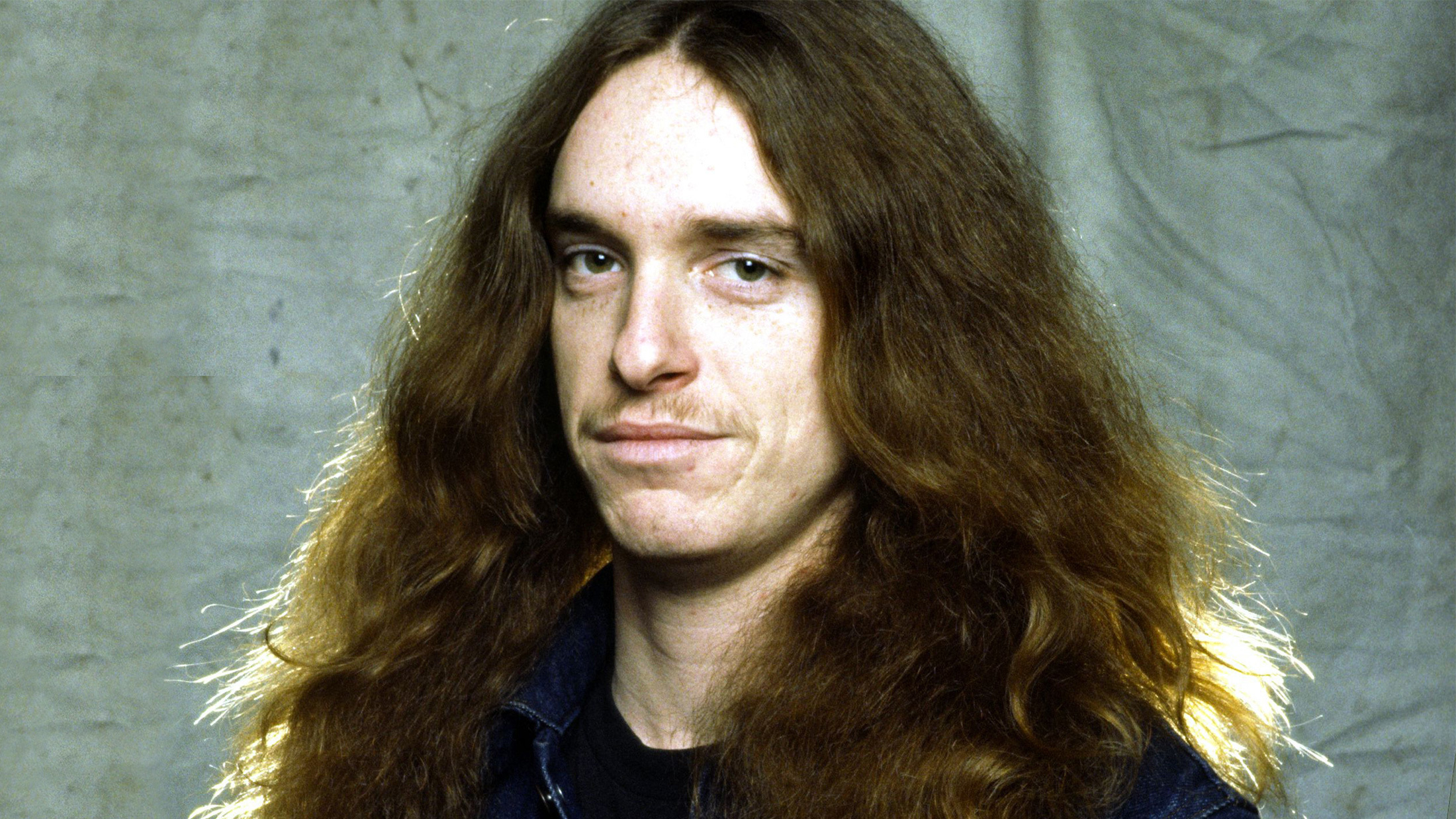
10. **Cliff Burton**: The year 1986 also delivered a crushing blow to the burgeoning thrash metal scene with the tragic death of Cliff Burton. On September 27, in Ljungby Municipality, Sweden, the highly influential bassist of Metallica was killed in a traffic accident at the incredibly young age of 24. His sudden and violent departure left the heavy metal community reeling, silencing a groundbreaking talent at the very peak of his creative powers.
Burton’s death was a moment of profound shock and grief, not only for his bandmates but for a rapidly growing legion of fans who recognized his extraordinary contribution to Metallica’s sound. His innovative approach to the bass guitar, often described as a lead instrument, redefined the role of a bassist in heavy music. The cruel randomness of the accident underscored the vulnerability of even the most powerful artists, reminding everyone of the fleeting nature of life.
As a member of Metallica, Cliff Burton was instrumental in forging the band’s distinctive sound, blending the speed and aggression of thrash with complex, almost classical, melodic structures. His intricate bass lines and revolutionary use of effects, such as distortion and wah, elevated Metallica’s early albums far beyond typical metal fare, influencing countless musicians and setting new standards for the genre. He expanded the sonic possibilities of heavy metal.
His impact was particularly profound because he pushed boundaries, incorporating elements of classical music and progressive rock into a genre often stereotyped for its simplicity. Burton demonstrated that heavy metal could possess both intellectual depth and raw power, an artistic philosophy that continues to resonate with bands today. He was a true innovator, a musician who approached his instrument with a unique vision and unparalleled skill.
The loss of Cliff Burton created an unfillable chasm in Metallica and in the wider heavy metal community. Though his time was brief, his legacy endures as a testament to an artist whose creativity and technical mastery irrevocably changed the course of heavy music. His spirit lives on in the intricate riffs and thunderous rhythms that continue to define the genre he helped to shape, a silent testament to a genius that burned brightly, if too briefly.
Read more about: Totally Tubular: The 7 Cheesiest 80s Movies That Still Own Our Hearts
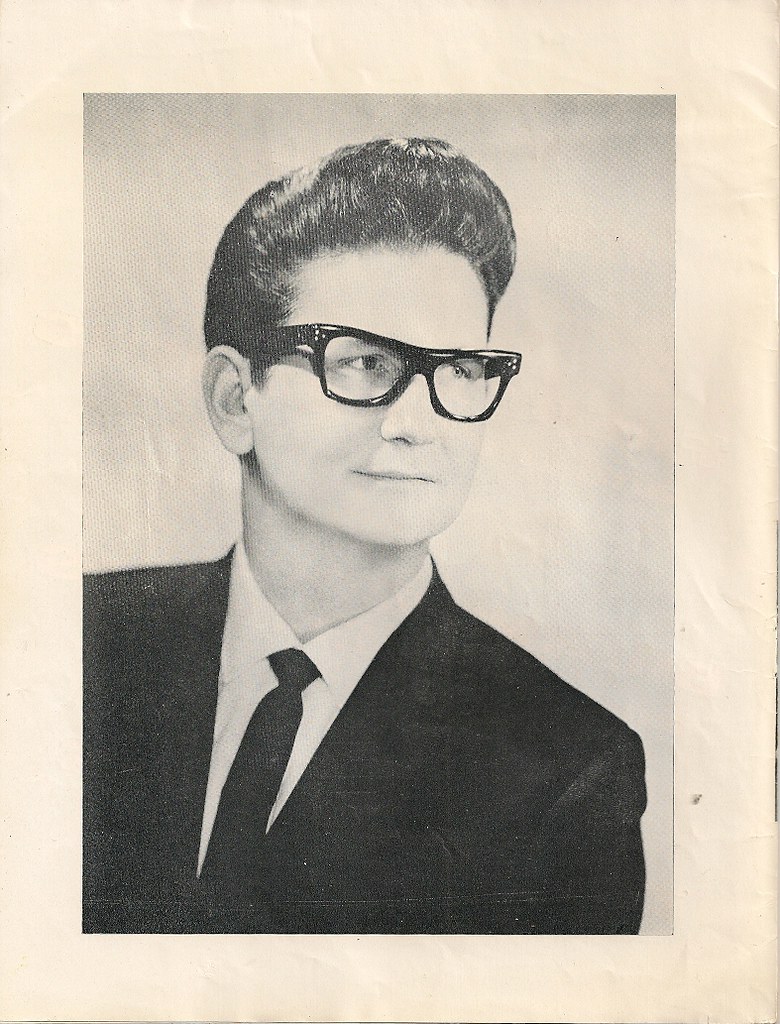
11. **Roy Orbison**: As the 1980s neared its end, the music world was once again reminded of the fragile nature of life, even for its most beloved figures. On December 6, 1988, Roy Orbison, the iconic singer-songwriter known for his distinctive operatic voice and dark, emotionally charged ballads, passed away in Hendersonville, Tennessee, U.S., at the age of 52, due to a heart attack. His death marked the closing of a remarkable chapter for an artist who had experienced a significant resurgence in the latter half of the decade.
Orbison’s passing came at a time when he was enjoying a renewed wave of popularity, particularly through his involvement with the supergroup Traveling Wilburys, alongside George Harrison, Bob Dylan, Tom Petty, and Jeff Lynne. This late-career triumph made his death all the more poignant, as it felt like he was once again receiving the widespread recognition he so richly deserved. His return to the spotlight showcased his timeless appeal and undiminished vocal power.
Throughout his storied career, Roy Orbison cultivated a unique sound that defied easy categorization, blending rockabilly, country, and operatic pop with a profound sense of melancholy and drama. His powerful, three-octave voice and emotionally intense delivery made him a singular figure in rock and roll, setting him apart from his contemporaries. He crafted a body of work filled with timeless classics that continue to captivate audiences.
Orbison was a master of the narrative ballad, creating miniature sonic dramas that explored themes of loss, yearning, and unrequited love. His distinct artistic vision and unwavering commitment to his unique style earned him a revered place in music history, influencing a diverse array of artists across multiple genres. He demonstrated that vulnerability and theatricality could be potent forces in popular music.
The departure of Roy Orbison left an unfillable void, particularly given his vibrant late-career renaissance. However, the enduring power of his music and his profound influence on rock and popular culture remain undiminished. He stands as a monumental figure whose voice, even in silence, continues to resonate with an unparalleled blend of beauty and sorrow, a powerful legacy in the ever-evolving story of rock.
Read more about: When Fame Meets Heartbreak: Celebrities Who Have Endured the Unimaginable Loss of a Child

12. **Hillel Slovak**: The Red Hot Chili Peppers were on the cusp of global fame when tragedy struck the band in 1988. On June 25, in Los Angeles, California, U.S., guitarist Hillel Slovak passed away at the age of 26 from a heroin overdose. His death was a stark and painful illustration of the dark undercurrents of the rock and roll lifestyle, taking a gifted musician whose unique sound was foundational to a band that would go on to define an entire subgenre.
Slovak’s untimely demise sent shockwaves through the emerging alternative and funk-rock scene. He was a pivotal figure in crafting the Red Hot Chili Peppers’ early, distinctive sound, blending raw punk energy with a vibrant funk sensibility. His passing was not just a personal tragedy for his bandmates and family but also a significant loss for a musical movement that was just beginning to find its voice and audience.
As the original guitarist for the Red Hot Chili Peppers, Hillel Slovak was instrumental in developing the band’s signature blend of funk, punk, and rock. His playful yet aggressive guitar style, heavily influenced by funk rhythms and a raw, improvisational feel, set the foundation for their energetic and often chaotic performances. He helped create a sound that was genuinely fresh and exciting, pushing the boundaries of what rock music could be.
Slovak’s technical skill and innovative approach to the guitar were often understated, but his impact on the band’s initial direction and sound cannot be overstated. He embodied the raw, uninhibited spirit of the Los Angeles underground scene, contributing to a musical aesthetic that prioritized authenticity and unbridled expression. His pioneering work laid the groundwork for the band’s subsequent success and broader influence.
The tragic death of Hillel Slovak left an unfillable void within the Red Hot Chili Peppers, forcing the band to confront the devastating realities of addiction. His legacy, however, lives on through the band’s early recordings and the countless musicians he inspired with his unique fusion of genres. He remains a poignant reminder of the brilliant, yet sometimes brief, sparks of genius that illuminate the ever-evolving narrative of rock and roll.
The 1980s, a decade often characterized by its vibrant excess and sonic innovation, was also a period of profound and often tragic loss for the rock and roll community. From the sudden silencing of pioneers and defining voices to the untimely departures of rising stars, each year brought with it the sorrowful recognition that no artist, regardless of their stature or influence, was immune to life’s unforgiving nature. These legendary figures, whether through murder, accident, illness, or the self-destructive spiral of addiction, left behind not just a discography, but an undeniable chasm in the musical landscape. Their stories serve as a powerful, somber symphony, echoing through time and reminding us that while the music may live forever, the voices that create it are, heartbreakingly, finite. The void they left remains unfillable, a testament to their irreplaceable genius and the enduring power of their art to shape, challenge, and move us all.”
, “_words_section2”: “1973



